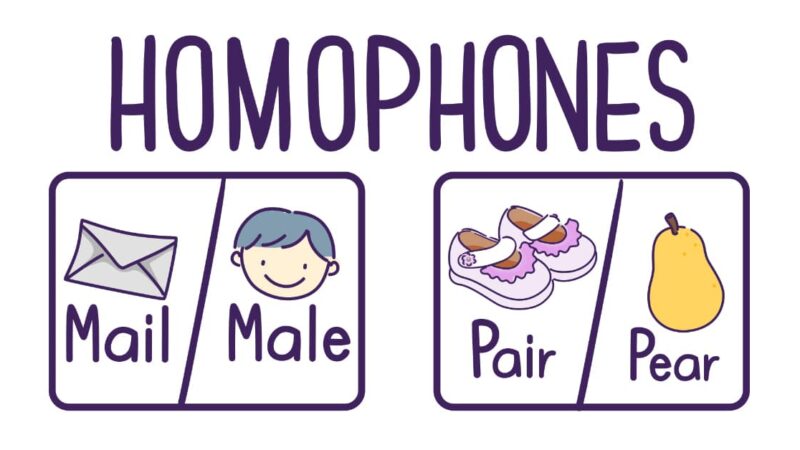Understanding Quantifiers

Understanding Quantifiers: Countable and Uncountable Nouns
Quantifiers play a crucial role in English grammar, helping us express the quantity or amount of nouns in a sentence. They are used with both countable and uncountable nouns, but their usage can vary depending on the type of noun they modify. In this blog, we'll explore the differences between quantifiers for countable and uncountable nouns and provide examples to help you better understand their usage.
I. Quantifiers for Countable Nouns:
Some:
The quantifier "some" is used to indicate an unspecified quantity of countable nouns. It implies that there is a positive amount of the noun, but the exact number is not important or not mentioned.
Example: "I bought some apples at the grocery store."Many:
When you want to express a large quantity or a significant number of countable nouns, "many" is the appropriate quantifier to use.
Example: "There are many books on the shelf."Few:
"Few" indicates a small number of countable nouns. This quantifier often carries a negative connotation, suggesting scarcity or not enough of something.
Example: "Only a few students attended the lecture."Several:
To describe a moderate number of countable nouns, you can use "several." It implies more than a few but not a large amount.
Example: "She has several friends in the city."A few:
"A few" is similar to "some" but specifically implies a small, positive quantity of countable nouns.
Example: "We have a few options to choose from."
II. Quantifiers for Uncountable Nouns:
Some:
Just like with countable nouns, "some" is used with uncountable nouns to indicate an unspecified quantity. It suggests that there is a positive amount of the noun, but the exact measurement is not crucial.
Example: "Would you like some water?"Much:
For uncountable nouns, "much" is the quantifier used to express a large amount or quantity.
Example: "There is much work to be done."Little:
"Little" is used with uncountable nouns to indicate a small amount. It often carries a negative connotation, implying that there isn't enough of something.
Example: "There is little time left to complete the task."A lot of:
When you want to convey that there is a substantial amount of an uncountable noun, use "a lot of."
Example: "She has a lot of experience in that field."Plenty of:
To express that there is more than enough of an uncountable noun, "plenty of" is the ideal quantifier.
Example: "There is plenty of food for everyone at the party."
Conclusion:
Quantifiers are essential elements in English grammar that help us specify the quantity of countable and uncountable nouns in sentences. By understanding the differences between quantifiers for each type of noun, you can communicate more effectively and accurately in English. Remember, some quantifiers can be used with both types of nouns, while others are specific to either countable or uncountable nouns. Practice using these quantifiers in your everyday conversations and writing to improve your language skills and enhance your communication.
TEST
| Quantifier | Countable Nouns | Uncountable Nouns |
|---|---|---|
| Some | I bought some apples. | Would you like some water? |
| Many | There are many books on the shelf. | There is much work to be done. |
| Few | Only a few students attended the lecture. | There is little time left to complete the task. |
| Several | She has several friends in the city. | - |
| A few | We have a few options to choose from. | - |
| Much | - | There is much work to be done. |
| Little | - | There is little time left to complete the task. |
| A lot of | - | She has a lot of experience in that field. |
| Plenty of | - | There is plenty of food for everyone at the party. |
I. Quantifiers for Countable Nouns:
| Quantifier | Example Sentence |
|---|---|
| All | All students should attend the assembly. |
| Nearly all | Nearly all participants completed the survey. |
| Most | Most people enjoy spending time with their families. |
| Many | Many birds were chirping in the park. |
| A lot of | A lot of toys are scattered in the playroom. |
| Some | I have some books on my shelf. |
| Not many | Not many students passed the difficult exam. |
| Few | Few students received scholarships. |
| No one | No one attended the meeting. |
II. Quantifiers for Uncountable Nouns:
| Quantifier | Example Sentence |
|---|---|
| Much | There is much work to be done. |
| A bit (of) | Can I have a bit of sugar in my tea, please? |
| Little | There is little time left to complete the task. |
| A great deal of | A great deal of effort was put into the project. |
| A large quantity of | A large quantity of water is needed for the recipe. |
| A little | Can I have a little information about the event? |
| Very little | There is very little milk left in the bottle. |
| A large amount of | A large amount of data was analyzed for the research. |
| Enough | We have enough food for everyone. |
III. Quantifiers for Both Countable and Uncountable Nouns:
| Quantifier | Example Sentence |
|---|---|
| Some | I have some apples and some oranges. |
| Any | Is there any coffee left in the pot? |
| Not any | There is not any sugar in the bowl. |
Quantifiers are versatile tools in English grammar, aiding us in expressing the quantity of countable and uncountable nouns effectively. By familiarizing yourself with these quantifiers and practicing their usage, you can improve your language skills and communicate more accurately in English. Remember to choose the appropriate quantifiers based on whether you are referring to countable or uncountable nouns to convey your intended meaning with clarity.





